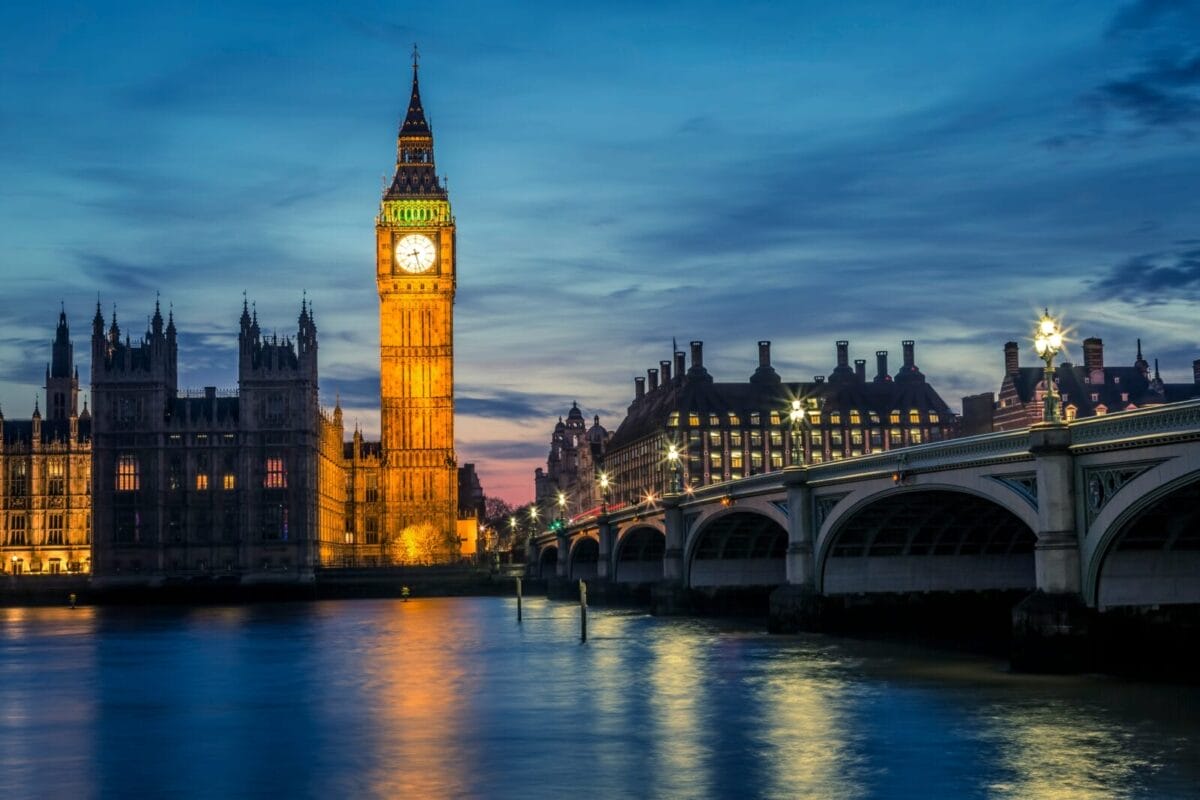It was reported at the weekend that the Government is seriously considering reducing the 40% inheritance tax rate and including a pledge to scrap IHT altogether in its election manifesto.
Ian Dyall, Head of Estate Planning at leading UK wealth manager Evelyn Partners, comments: “A cut to the 40% tax rate would be welcomed by many families, particularly as those who have carefully saved and built up assets will probably have been taxed on much of that wealth already. Forty pence in the pound is a comparatively high levy that some feel is a bit punitive. But while it will reduce the impact of IHT on taxable estates, it won’t remedy the trend of more and more families being drawn into the net of IHT.
“IHT is starting to impact increasing numbers of relatively modest estates, and as inflation means property and other asset prices tend to rise in the long term, more families – and more of each family’s savings – will be driven over the IHT threshold. So, possibly more welcome would be a hike in the nil-rate band. This exempt allowance below which no IHT is paid has been frozen at £325k per person since April 2009 and would now be close to £500k had it risen with inflation.
“Moreover, the extra £175k residential property NRB – also frozen since 2020/21 – only comes into play if the family home is left to children or grandchildren. Where that isn’t the case, with the Halifax estimating the current average UK property is valued at nearly £280k, it is easy to see that the main NRB will be quickly eaten up.”
The latest inheritance tax receipts revealed last week that in the period April to August, revenue raised from the estates of the deceased rose to £3.2 billion, a significant jump of £0.3 billion compared to the same period last year.
Annual IHT receipts in 2022/23 hit a record high, both in absolute terms and as a proportion of UK Gross Domestic Product. The Office of Budget Responsibility has forecast that by 2027/8, IHT will raise £8.4 billion, a 17% increase on their projection for the current year.
“That estimate could prove conservative, as demographic trends are set to further boost the take from IHT in the coming years, which will see the asset-rich ‘baby boomer’ generation start to pass away. It’s worth remembering that it is the beneficiaries, who could be far from comfortably off, who bear the cost of IHT.
“The problem with ongoing speculation around the abolition of IHT is that it could encourage a false sense of security in some households, who might start to feel that the transfer of their wealth is nothing to worry about. A cut to the IHT rate would indeed alter some of the equations in estate planning but any notional abolition of the tax would be a long way down a very uncertain political road. In any case, there are a lot of other important issues to be addressed in deciding how to pass on one’s wealth apart from a possible IHT liability, so those who want to see their assets distributed in the best possible way after their death should write a legally-binding will and continue to structure their finances appropriately, according to the rules as they stand – and that can be a complex matter best addressed with the help of a specialist financial planner.”














